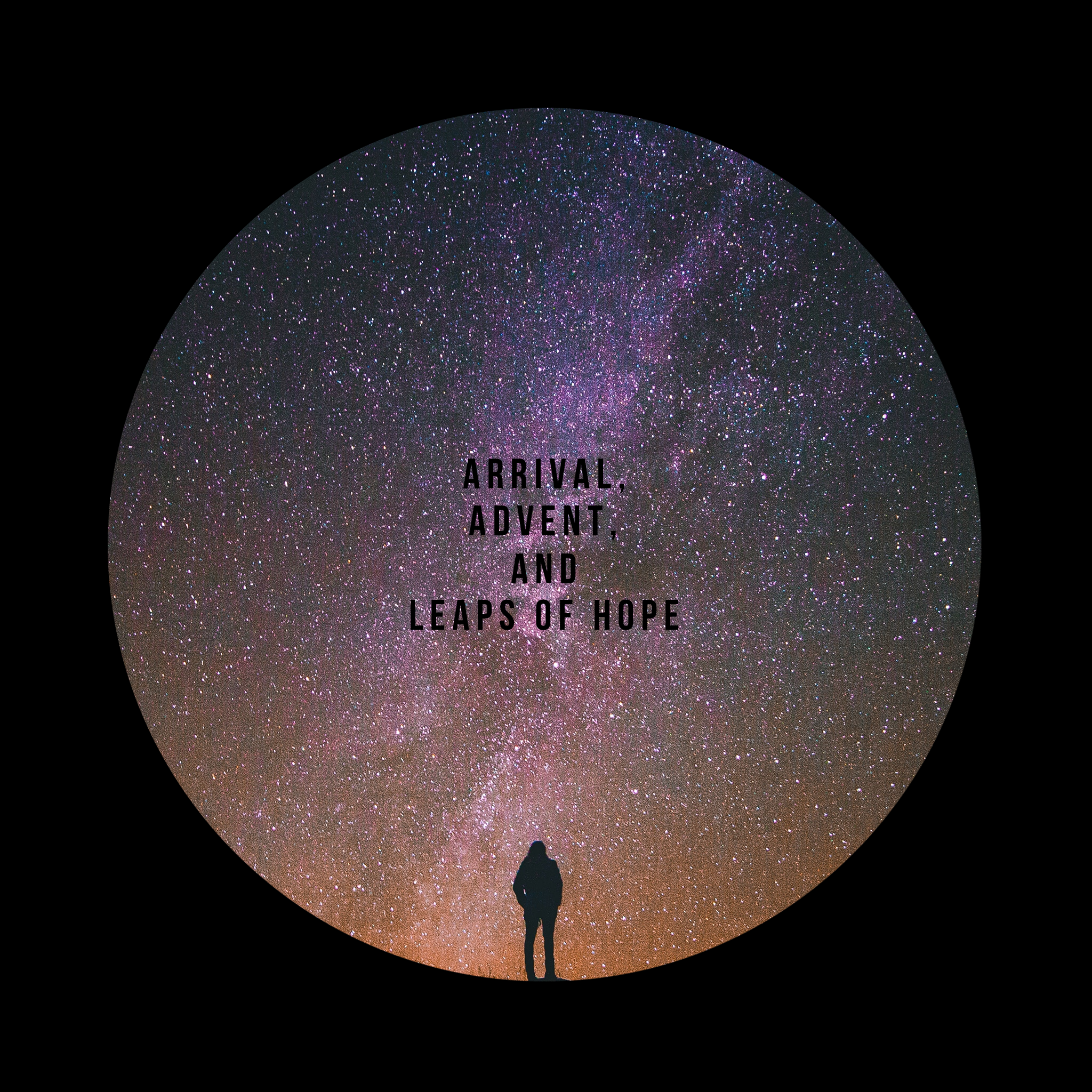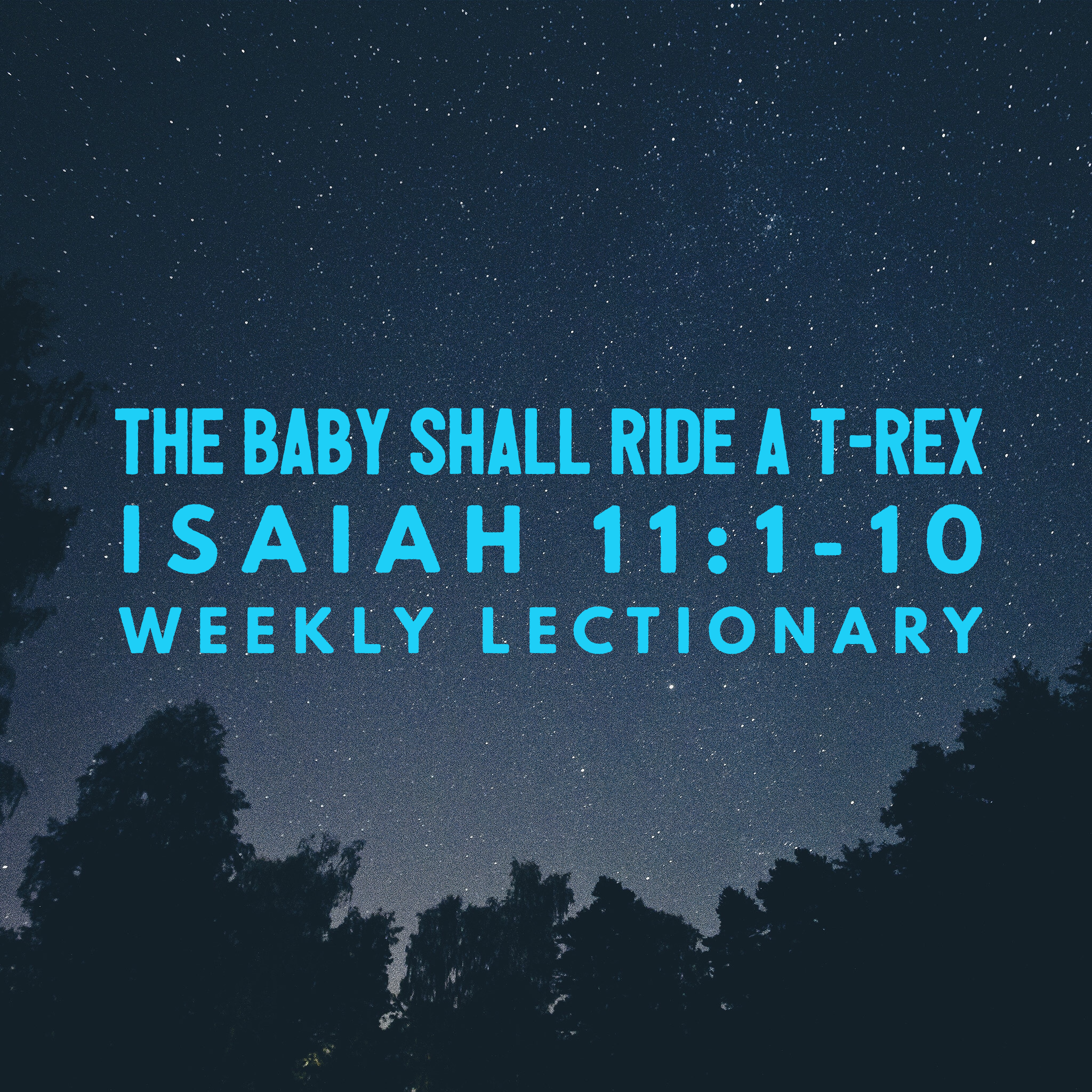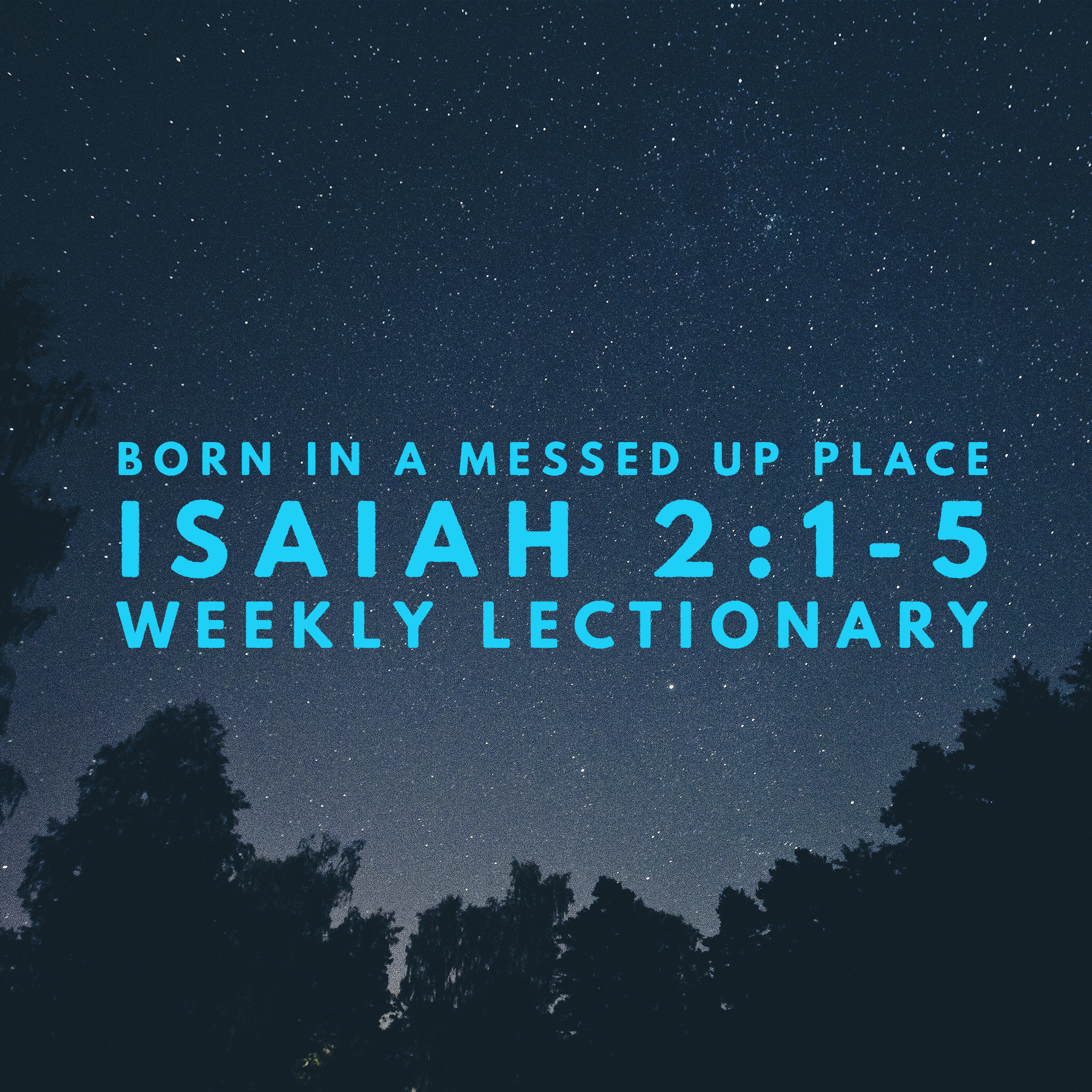Arrival, Advent, and Leaps of Hope
(Warning: Spoilers from the movie Arrival are throughout this post)
No one ever told me that being a parent would turn a trip to the movies into an emotional minefield. I guess I should have known that. Children in peril and loss are common themes in storytelling. But what you know in your head doesn’t always prepare you for what hits you squarely in the heart.
Arrival begins with beautiful glimpses of a relationship between Louise Banks (played by the incredibly talented Amy Adams) and her daughter. Yet the plaintive score and the dreamlike cinematography warned me that tragedy was probably just around the corner. With that sneaking suspicion, it disarmed me when the little girl said “Mommy” in a register very similar to our sons. Then moments later, the now teenaged daughter was dying in her mother’s arms. Two minutes in and I’m already holding back tears.
This was not the science fiction alien contact movie that I signed up for.
We eventually get to the aliens as linguistic expert Banks is asked to communicate with these strange visitors, but the flashbacks kept popping up. About midway through the movie, I got the sneaking suspicion that the story of the daughter wasn’t the beginning of this tale. It was in the future.
There is a scene in which two characters discus how thinking in another language can change one’s worldview. We later discover that Banks, in the process of becoming immersed in the nonlinear language of the alien heptapods, begins to see her life nonlinearally. In other words, she can “remember” the future. She is no longer bound by time. The film, which is incredibly intelligent and well made, conveys this far better than I just did.
The idea of being unstuck in time, so to speak, is one to which I keep returning as I think about Advent. This is a time of year in which Christians occupy multiple points in history. We live in our present, but we also sit with the prophets of the Old Testament. We anticipate the coming birth of Jesus with Mary. We look toward a future in which God makes all things right. When we immerse ourselves in the language of scripture’s narrative of creation and redemption then it changes the way we see the world.
Martin Luther King once said that the moral arc of the universe bends towards justice. That future is difficult to see if we do not speak a redemptive language which immerses us in a worldview where all are seen as God's creations. Arrival posits that it is vital for nations communicate rather than to compete in zero sum showdowns. A spiritual variation of this image is seen in Advent as the prophet Isaiah envisions a time when all nations will come together at the Mountain of God.
The movie circles back to the daughter. Louise knows her beloved child is going to die. She knows that heartbreak lies ahead. Does she still want to go through it all? That’s really a question that all parents face. We don’t know the details of the future, but we know that there is the potential for heartbreak. We know our children might die. We pray it doesn’t happen before us, but the possibility is on the table. As I think about it, this potential pain is not just a dilemma that faces parents, but everyone. Relationships. Career moves. Reaching out to others in our everyday lives. These are all emotional minefields fraught with the potential for joy and heartbreak.
Louise decides she still wants to go through it all. Love seems to be the catalyst. The life of her daughter is still worth something. It still contributes to the world. Louise takes the leap that the risk of pain is worth it; that something beautiful can still come out of a tragic circumstance. It’s the leap she took in trying to see the heptapods as neighbors rather than enemies. It’s a leap of faith, a leap of love, and a leap made in hope.
Those are the thoughts that have been swirling like ink through my mind since I’ve walked out of the theater. Advent is a time in which we take the long view of history rather than see it just from our narrow point of view. It is a time in which we are reminded to see others as God sees them. It is a time in which we recommit ourselves to risk the subversive acts of hope, peace, joy, and love in spite of the brokenness in this world. For those reasons, I’m glad Arrival arrived during Advent.






